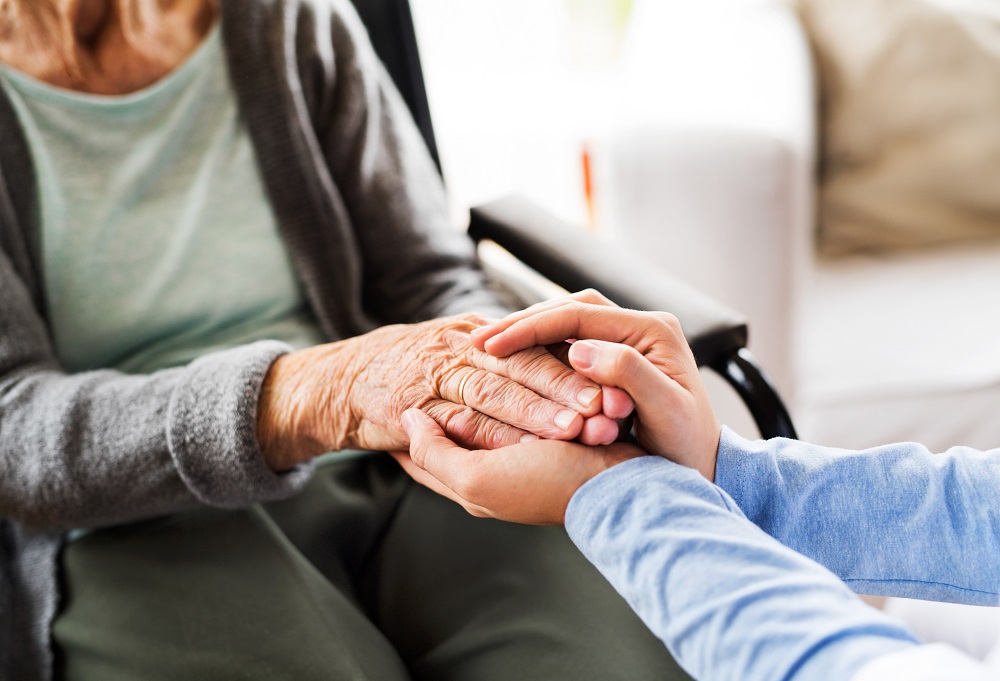Latest News from Everycare

Dementia not Covid-19 was the greatest cause of death for women in 2020 – killing 45,922 women in England and Wales, official figures reveal.
Some 125 women are dying of dementia every day – that’s five women an hour, according to the Office for National Statistics.
In men, Covid caused the most deaths for men in England and Wales, followed by heart disease, after which dementia and Alzheimer’s disease came third by claiming the lives of over 24,000 men.
In the UK, dementia affects 850,000 people and there is no cure.
The number of people with dementia is set to triple in three decades, with 152 million estimated to be affected globally by 2050, according to research by the University of Washington School of Medicine.
The research was presented at the 2021 Alzheimer’s Association International Conference in Colorado at the end of July.
Dementia charities are calling for global action to fund research into a cure for dementia.
Hilary Evans, chief executive of Alzheimer’s Research UK has called dementia “our greatest long-term medical challenge”.
“With the number of people with dementia set to triple, we need to see concerted global action now.
“To safeguard progress and improve outcomes around the world, it’s vital our government invests to maintain the UK as a global hub for dementia research to safeguard research progress and improve outcomes around the world.”
This story was provided by homecare.co.uk

With fifty four per cent of over 60s feeling less confident attending a hospital appointment and almost six million feeling less confident going to a GP surgery than before the pandemic, Age UK worries how many people can “bounce back” from Covid-19.
Age UK says the impact of the pandemic on the health and wellbeing of some older people in early 2021 is so demonstrably severe it has left “deep physical and emotional scars” on the older population. The adverse effect may prove long lasting in many cases, or even irreversible, with big implications for the NHS and social care in the months and years to come.
Age UK who carried out the research during January and February 2021 also found nearly four and a half million people over 60 said they couldn’t walk as far with around four million people reported they were living in more physical pain.
For the full story visit the homecare.co.uk website
The government have announced their intention to make Covid-19 vaccinations mandatory for those working in care homes from the autumn.
There is currently a review of how to deal with care workers in the NHS and also in community settings with the requirement likely to be extended to these groups at either the same time or following closely on.
At Everycare we are pleased that all our home care staff who qualify for their vaccines have already had at least their first jab with the majority having had their second along with all our office staff.
 People with autism are less able to accurately identify anger from a person’s facial expression, according to new research.
People with autism are less able to accurately identify anger from a person’s facial expression, according to new research.
The study by the University of Birmingham also found that for people with the related disorder of alexithymia, all facial expressions appear to be more intensely emotional.
The question of how people with autism recognise and relate to emotional expression has been discussed by scientists for over three decades. But it is only in the past 10 years that the relationship between autism and alexithymia has been explored.
This new study published in the Journal of Autism and Developmental Disorders, uses new techniques to look at how autism and alexithymia affects a person’s ability to accurately gauge the emotions suggested by different facial expressions.
Connor Keating, a PhD researcher in the University of Birmingham’s School of Psychology and Centre for Human Brain Health, is lead author of the study. He says: “We identified that autistic people had a specific difficulty recognising anger which we are starting to think may relate to differences in the way autistic and non-autistic people produce these expressions.
To read the full story visit the homecare.co.uk website.






